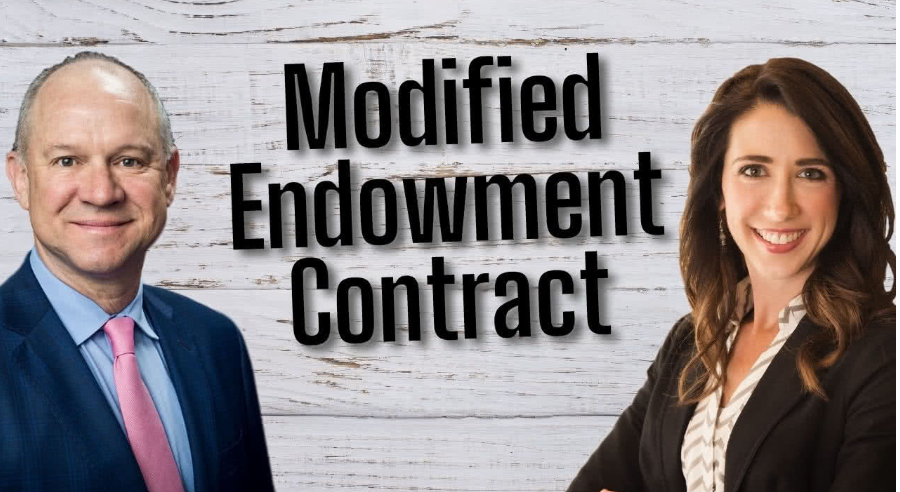Choosing a caregiver for an elderly family member is a critical decision that impacts not just the physical well-being of your loved one but also their emotional health. The right caregiver balances practical skills with a compassionate nature, ensuring they can effectively manage caregiving tasks while providing companionship and empathy.
Understanding Different Types of Care
The search for a caregiver starts by identifying the level of care your elderly relative requires.
There are primarily two types of care:
- Companion Care: This service focuses on social interaction and help with household tasks. It suits seniors who are mostly independent but need assistance with activities like meal preparation, errands, and light housekeeping.
- Home Health Care: This type of care is more comprehensive, involving medical assistance in addition to basic companion care. Home health aides help with activities of daily living (ADLs) such as bathing, dressing, and medication management, and are trained to perform health monitoring functions.
For those unsure which type is needed, consulting with the senior’s physician can provide guidance based on their health and mobility.
Choosing Between Live-in and 24-Hour Care
For continuous support, you may consider live-in care or 24-hour care:
- Live-in Care: Live-in caregivers work in shifts and live in the senior’s home during their assigned times. They require personal sleeping time at night, making this option viable if night-time assistance is minimal.
- 24-Hour Care: This setup involves multiple caregivers working in shifts to ensure someone is always awake and available, even throughout the night. This is essential for seniors who need constant supervision or have significant medical needs.
Finding a Caregiver
You can find a caregiver through an agency or personal referrals. Agencies are more expensive but provide thorough vetting and manage all administrative tasks related to employment. Whether through an agency or independently, always ensure thorough interviews and reference checks are conducted.
Key Qualities and Questions for Potential Caregivers
When interviewing caregivers, assess both their professional capabilities and personal traits.
Important areas to consider include:
- Personality and Interests: Ensure the caregiver’s personality meshes well with your senior’s. They should be patient, respectful, and have interests that align with those of your senior to encourage a positive relationship.
- Professional Skills: Verify their experience with the specific needs your senior has. For example, if your loved one is wheelchair-bound or has dietary restrictions, the caregiver should have relevant experience.
- References: Always contact references to confirm the caregiver’s reliability, skill level, and temperament.
- Attention to Detail: Particularly important for medication management and following specific care plans.
- Flexibility: Life is unpredictable. A good caregiver should be adaptable to changing schedules or care needs.
- Transportation: If driving the senior is required, confirm the caregiver has a valid driver’s license and a safe driving record.
Conducting an Effective Interview
During the interview, ask open-ended questions to gauge their experience, approach to caregiving, and how they handle potential challenges. Discuss scenarios they might encounter, such as what they would do if the senior refuses to take medication or needs urgent care.
Making the Choice
After interviewing several candidates, assess who would best meet the needs of your senior both from a care perspective and a personal compatibility standpoint. The right caregiver is someone who makes you feel confident that your loved one is in safe, caring hands.
Choosing the perfect caregiver involves careful consideration of your loved one’s needs, detailed screening of potential candidates, and thoughtful reflection on the interpersonal dynamics between the caregiver and your family member. By taking these steps, you can ensure that your elderly relative receives the care and companionship they deserve.



